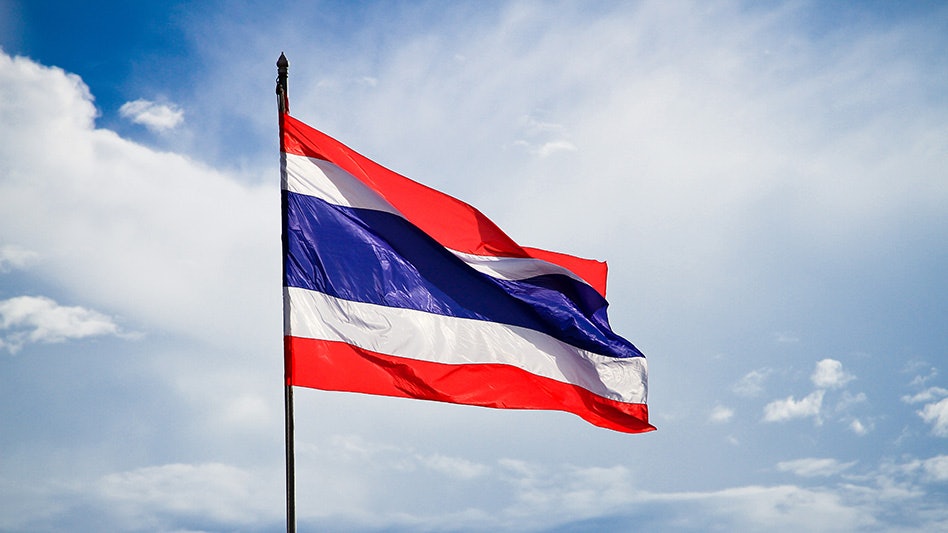In a significant twist in its cannabis policy, Thailand, which legalized cannabis for both medical and recreational use just two years ago, has initiated steps to regulate the market more strictly. The country’s government aims to rein in a largely uncontrolled cannabis market amid rising concerns about public health and safety.
Historical Overview of Cannabis Legalization in Thailand
- Medical Cannabis Legalization: Thailand legalized medical cannabis in 2018, paving the way for its regulated use.
- Decriminalization for Adults: In 2022, the cultivation, sale, and possession of cannabis were legalized, creating a budding industry in Thailand.
The Narcotics Control Board previously de-listed cannabis as a controlled substance, effectively decriminalizing its use. This decision allowed home cultivation and initiated plans to distribute cannabis plants to citizens for personal use.
Initial Hopes for a Sustainable Industry
Former Public Health Minister Anutin Charnvirakul expressed optimism that legal cannabis would foster a medicinal industry focused on cannabis-derived products while reducing stigma associated with the plant.
Data indicated a substantial boost to tourism and agriculture, with thousands of cannabis shops emerging, further enriching Thailand’s economy. However, the rapid expansion has not come without challenges.
Concerns Amid Rapid Market Growth
As the cannabis market grew, so did public concerns regarding:
- Underage Use: Increased reports of underage cannabis consumption raised alarms nationwide.
- Psychological Issues: The Health Ministry noted a surge in individuals seeking treatment for psychological issues related to cannabis use, reporting over 63,000 patients in 2023, a significant increase from 37,000 in 2022.
A recent campaign cycle illustrated a shift in political sentiment. Most major parties, including Bhumjaithai—initial proponents of cannabis decriminalization—pledged to restrict cannabis to medical use only, further fuelling public discourse on safety regulations.
Legislative Proposals for Cannabis Regulation
Kalyapat Rachitroj, a legislator from the Move Forward Party, remarked, “We have no option but to put marijuana back to be classified as narcotics once again.” In line with this sentiment, Health Minister Chonlanan Srikaew has recommended a draft bill that aims to preserve medical cannabis use but impose a ban on recreational use.
Key points of the proposed legislation include:
- Reclassification: Cannabis would be classified as a narcotic, significantly mirroring pre-2022 regulations.
- Penalties: Engaging in “recreational” cannabis use could incur fines up to 60,000 baht (about $1,700).
Opposition has arisen from cannabis advocates and businesses. Activist Chokwan “Kitty” Chopaka argued that many officials still view cannabis as a dangerous substance, while advocates maintain that “it’s an herb, something we have had traditionally for a very long time.”
The Global and Regional Context of Cannabis Regulation
Southeast Asia is known for its stringent drug laws, with Thailand having the highest prison population among the ASEAN countries, where over 80% of inmates are incarcerated for drug-related offenses, according to the International Drug Policy Consortium (IDPC).
Next Steps for Cannabis Policy in Thailand
As it stands, Thailand’s Cabinet has yet to review Health Minister Srikaew’s proposed legislation, but anticipations suggest eventual approval leading to Parliamentary discussion. The direction Thailand will take in the coming years will likely have significant implications for its cannabis industry, public health approaches, and the broader legal landscape within Southeast Asia.
For further information, explore the impact and implications of cannabis in Thailand by visiting The Associated Press and stay updated on ongoing developments.


